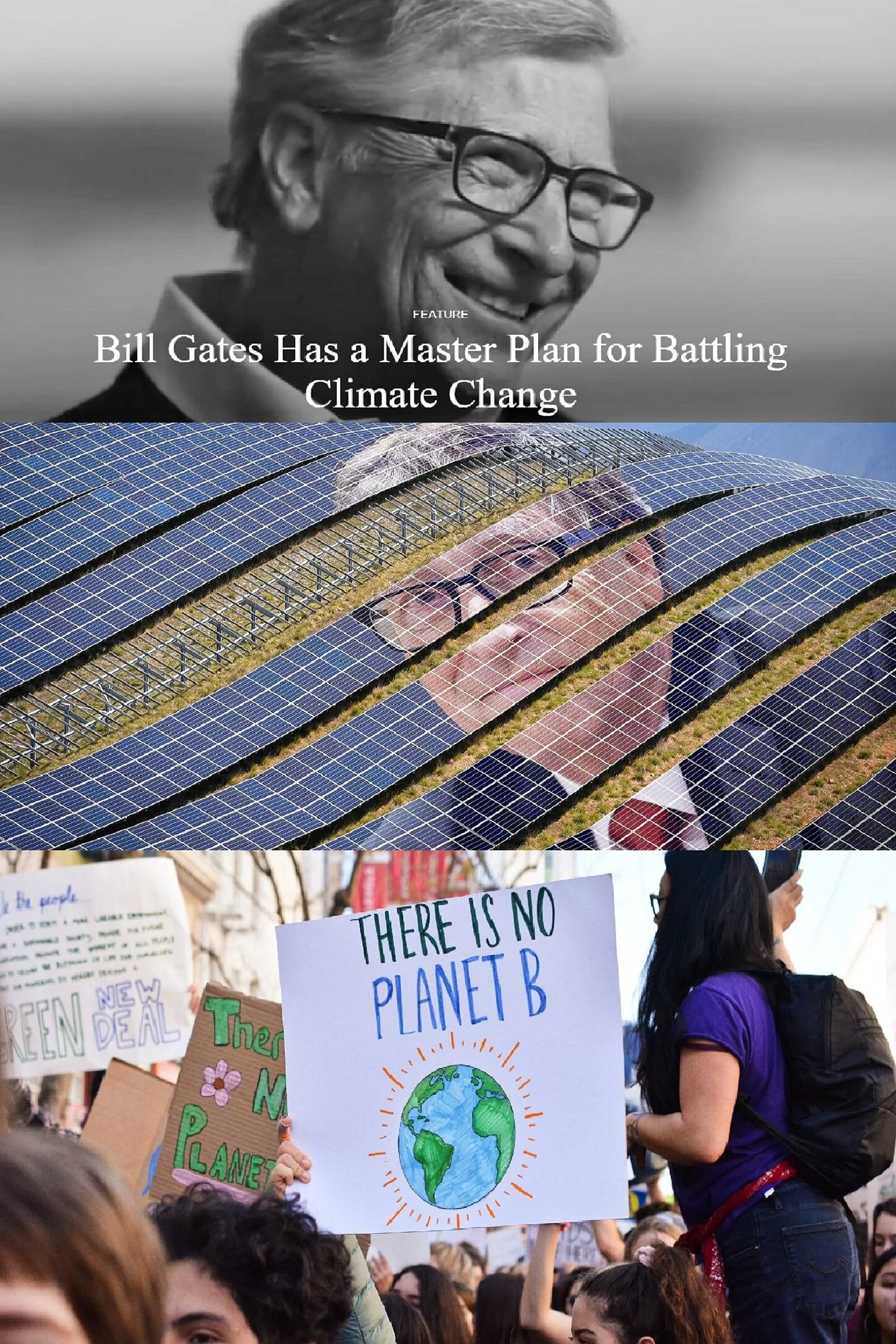Bill Gates Talks Energy Poverty and Billionaires' Duty To Lose Money To Save the Planet
/Bill Gates Talks Energy Poverty and Billionaires' Duty To Lose Money To Save the Planet
Bill Gates' work on the environment has gone largely unnoticed, but Gates writes that in 2006, he became aware of energy poverty while traveling at night in Lagos and seeing the city in relative darkness. Conversely, I remember my first flight into Seoul, South Korea from Hong Kong in the early ‘90s.
Expecting relative night darkness as Gates saw in Lagos, I was shocked as we dropped into sight of the city, and light was everywhere. The reality of fully-lit Seoul with a towering cityscape defied every expectation that I had of my destination.
It was at that moment that I realized that US citizens were clueless about the emerging might of the Asian economies. America’s combination of ignorance and hubris would cost us a national fortune in the coming years, and none of those costs came as a surprise to me. The future unfolded before my eyes in the night sky over Seoul. In Hong Kong, I expected its legendary entrepreneurial hustle. Seoul stunned me.
The connection between the wellbeing of a society and energy consumption has informed much of Bill Gates’ thinking ever since. In 2010, Gates gave a TED talk housed in AOC that hit the coming environmental crisis head-on. “It’s hard to be productive if you don’t have lights to read by,” Gates writes in How to Avoid a Climate Disaster.
What intigues me in the WSJ story is that the reality that Gates has lost $2 billion on green energy advancement -- which he thinks is no big deal. He's prepared to lose another $2 billion in the next five years. MIT estimates that venture investors lost more than half their money on Cleantech 1.0. “I’m only going to lose money on this stuff,” Gates says, shrugging. “But that’s not in short supply.”
The story you never hear on progressive media is that Gates formed an investment group called Breakthrough Energy. He went to other billionaires including Jack Ma, Jeff Bezos, Vinod Khosla and Prince al-Waleed bin Talal. Then he dropped down to Michael Bloomberg, LinkedIn co-founder Reid Hoffman and a host of other guys, saying you are going to lose money.
